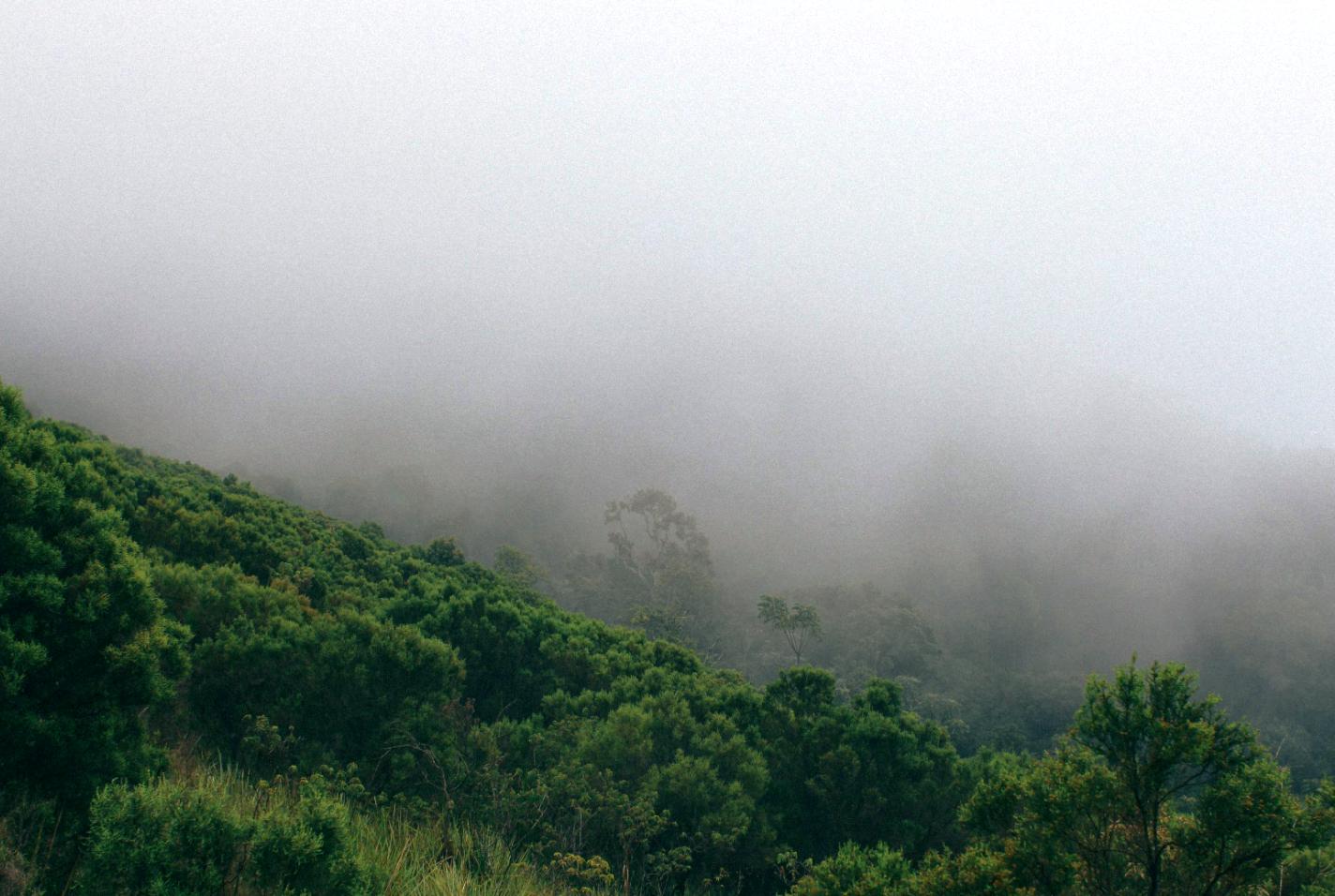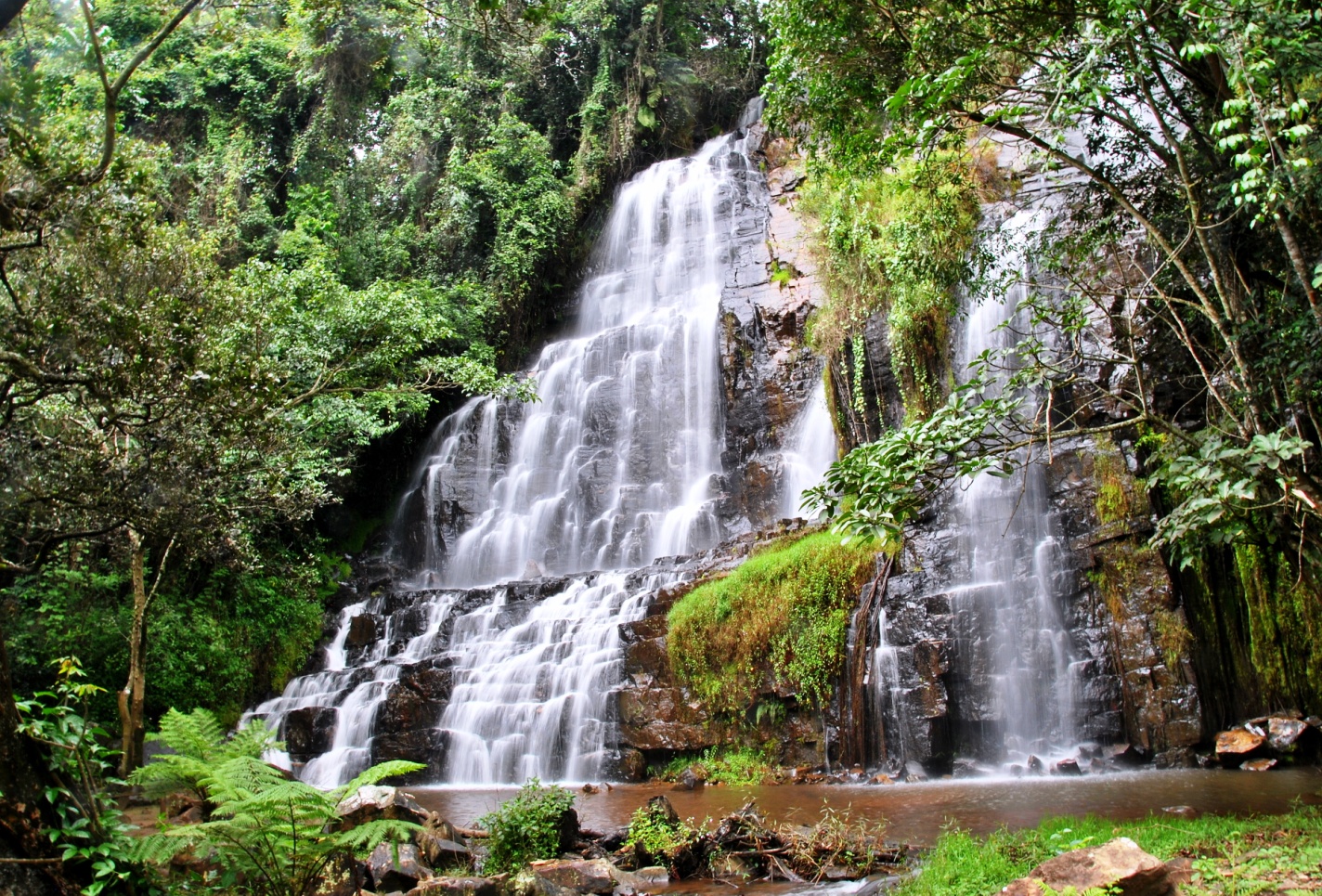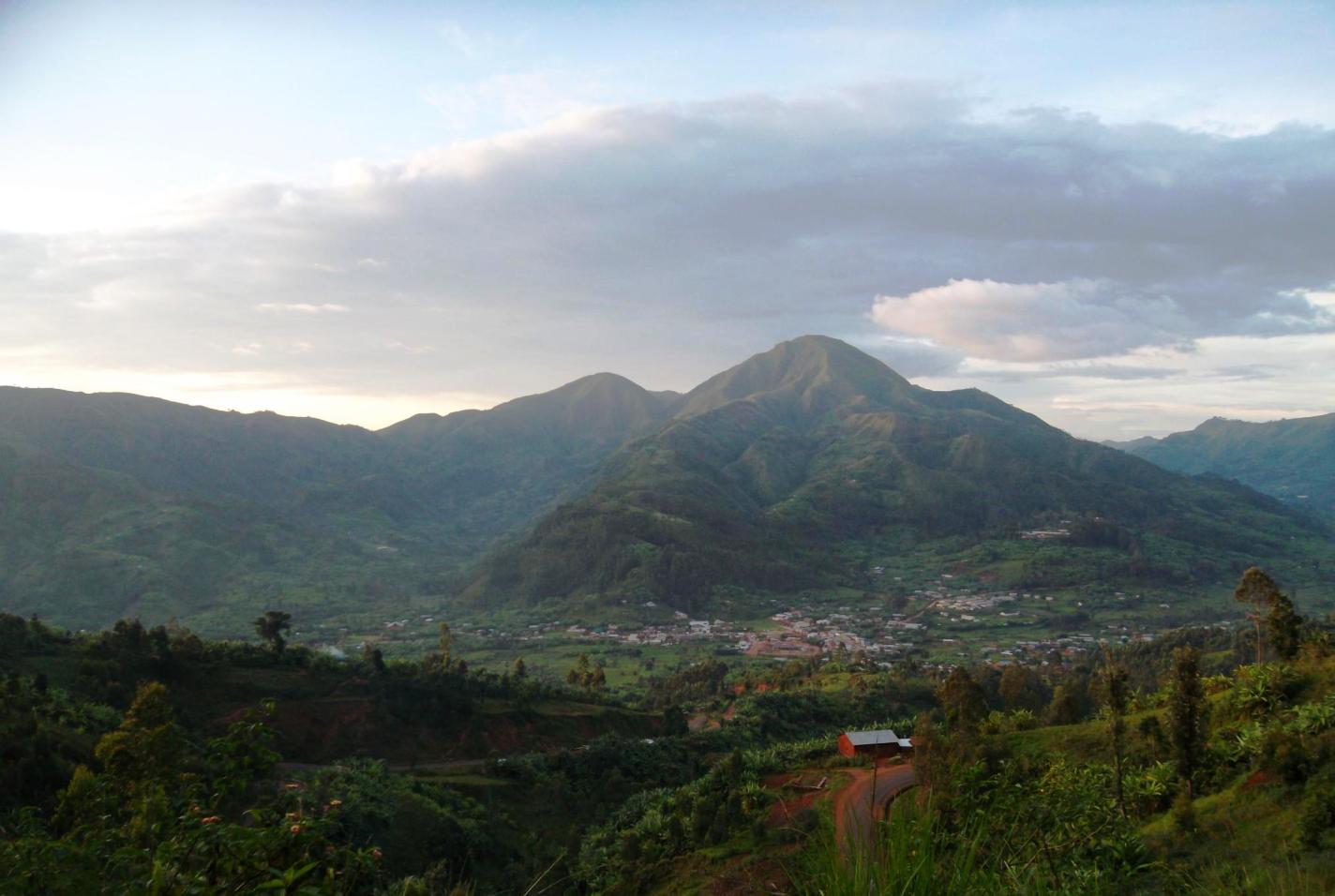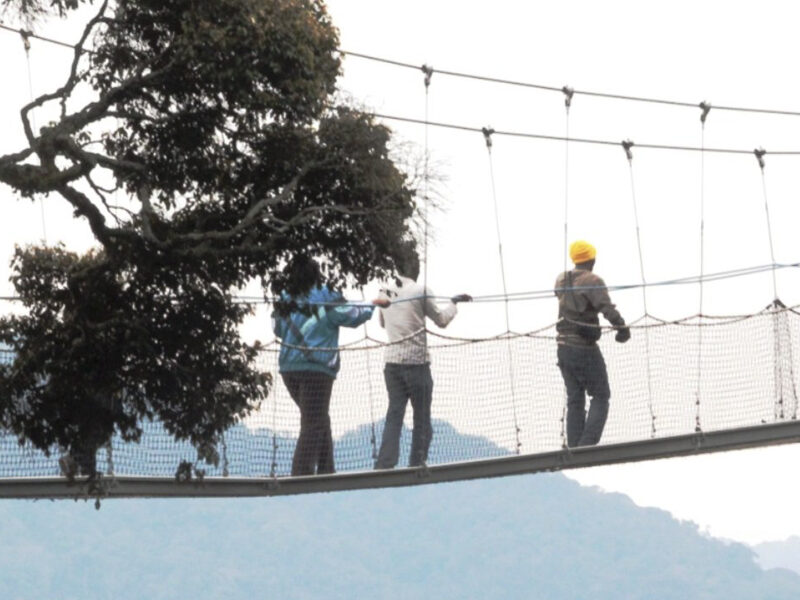3 Days Kibira National Park Tour
500$
per personKibira National Park, Bujumbura City Tour, See the Explorers Memorial, and Lake Tanganyika
A mouth-watering tropical scenery is found within the region of the Central plateau and the thousands of surrounding hills, as well as the depressions in the Eastern and North-Eastern part of Burundi. Burundi has many places of interest: from the Capital Bujumbura, to the beautiful landscapes of Lake Tanganika, Ruvubu and Kibira Forest and the Source of the Nile at Rutovu. These places boast of antelopes, hares, buffalos, cynocephalus and tropical and wild crocodile.
-
DepartureThis safari starts and finishes in Entebbe.
-
Departure TimePlease arrive by 9:15 AM for a prompt departure at 9:30 AM.
-
Return TimeApproximately 8:30 PM.
-
Dress CodeCasual. Comfortable athletic clothing, hiking shoes, hat, light jacket.
-
Include
1
Day 1: Arrival in Bujumbura
rrive. Meet, greet and transfer to your hotel to check-in.
Half day tours in Bujumbura, to visit the Snake & Culture Museum; the Islam Culture Centre; City Hall; President’s Office and the main attraction of the City: Lake Tanganyika.
2
Day 2: Kibira National Park Burundi
3
Day 3: Fly out
Return to Bujumbura and Fly out
Tour Location
Club du Lac Tanganyika Hotel
History of the Burundi
Burundi's history is marked by pre-colonial kingdoms, European colonization, and a tumultuous post-independence period characterized by ethnic violence and civil war. The country emerged as a kingdom in the 16th century, eventually becoming part of German East Africa and later a Belgian mandate before gaining independence in 1962. Post-independence, Burundi has faced significant challenges, including the 1972 genocide, a protracted civil war (1993-2005), and ongoing political instability.
Pre-Colonial Period:
-
Kingdom of Burundi:A distinct Burundian kingdom emerged in the 16th century, gradually expanding its influence over neighboring territories.
-
Tutsi Dominance:The Tutsi people, a pastoral group, established dominance over the Hutu agriculturalists and the indigenous Twa people.
Colonial Period:
-
German East Africa:In 1890, Burundi and neighboring Rwanda were incorporated into German East Africa.
-
Belgian Ruanda-Urundi:After World War I, Belgium was granted a League of Nations mandate to administer Ruanda-Urundi (Rwanda and Burundi together).
-
Shift to UN Trust Territory:Following World War II, Ruanda-Urundi became a UN Trust Territory, still under Belgian administration.
Independence and Post-Independence:
-
1962 Independence:Burundi and Rwanda gained independence as separate nations in 1962, but the colonial legacy of dividing them into a single mandate contributed to ongoing tensions.
-
1972 Genocide:A major genocide against Hutus in 1972, followed by a crackdown on Hutus, led to a significant displacement of the Hutu population and fueled long-term ethnic tensions.
-
1993 Civil War:The 1993 assassination of President Melchior Ndadje, a Hutu, triggered a civil war that lasted until 2005, causing widespread displacement and casualties.
-
Post-War Period:The 2005 peace agreement and the election of Pierre Nkurunziza as president brought a period of relative stability, but political tensions and claims of a third term continued to simmer, according to the BBC.
-
2015 Unrest:The 2015 unrest and attempted coup following Nkurunziza's disputed third term led to further political instability and a wave of protests, which were met with violence and repression.
-
Post-Nkurunziza Era:Following the 2020 elections, Pierre Nkurunziza's death, and Evariste Ndayishimiye's ascension to the presidency, Burundi continues to grapple with political and social challenges.
*Generative AI is experimental.
Write a Review
Club du Lac Tanganyika Hotel





